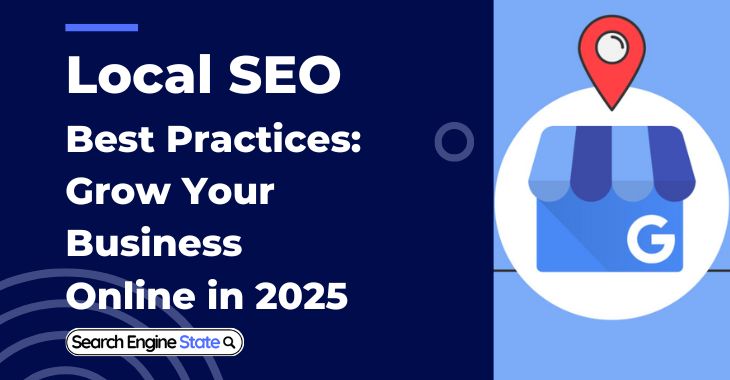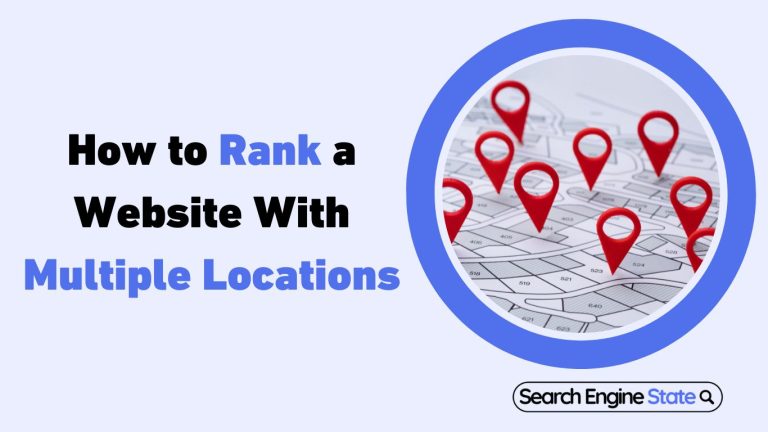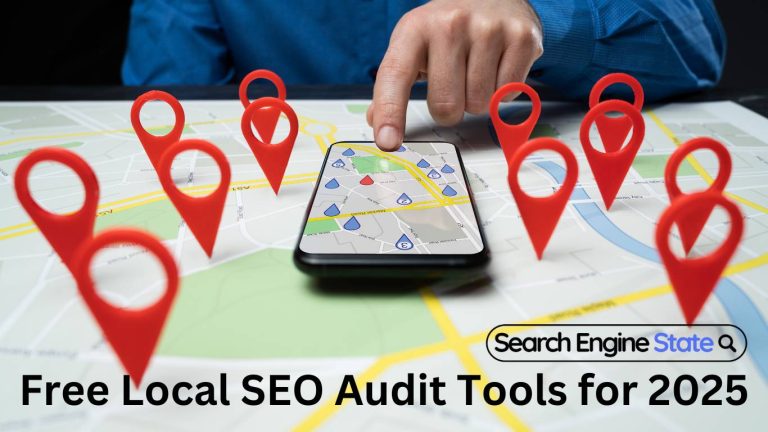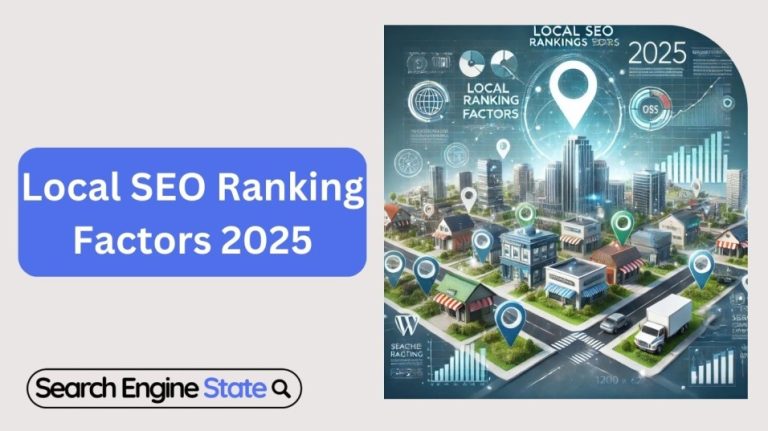How to Optimize Content for Local SEO
Local SEO content optimization means adapting your website and content strategy to target a particular geographic audience. These steps can get your website ranking higher in local search results, regardless of whether you’re running a local business or providing services to local members of your community.
Local SEO Content Optimization Strategies
1. Research Local Keywords
Any local SEO strategy should be centered around local keywords.
- Use Tools: We can use Google Keyword Planner, SEMrush, Moz, Ahrefs and any other keyword research tool to find geographic intent keywords.
- Examples: Instead of “Electrician services,” use “electrician services in Dallas” or “best electrician near me.”
- Incorporate Long-Tail Keywords: Focus on conversational phrases like “affordable electrician in downtown Dallas.”
Local Keyword Research Example
| Keyword | Search Volume | Competition | CPC ($) |
| “Plumbers in Dallas” | 1,200 | Low | 2.50 |
| “Best pizza near me” | 9,500 | Medium | 1.80 |
| “Hair salons in Chicago” | 2,000 | High | 3.20 |
| “Car repair Austin TX” | 700 | Low | 2.10 |
2. Meta Tags Optimization for Local Intent
It’s quite good for SEO and user engagement, too.
- Meta Title: Include Primary local keyword.
- Example: “24/7 Affordable Electrician Services in Dallas”
- Meta Description: Offer a short summary and ask the reader to take action.
- Example: “Looking for reliable electrician services in Dallas? Contact us for quick, affordable repairs today.”
3. Create Location Specific Content
One of the key local SEO ranking factors is to create content for your local audience.
- Local Landing Pages: Create separate pages for each location you serve. Add complete details about your company and description of products/services. Each service/product should have a separate page. Add proper CTA (contact number, email, appointment link, contact us page link) so that if anyone is interested in your service or product. He/She can contact you.
- Example: “Heating Services in Austin” and “Heating Services in San Antonio.”
- Localized Blog Posts: Post topics that are related to your region; this may include topics to do with different seasons of the year or events in your region.
- Example: “How to Winterize Your Pipes in Dallas.”, “Top Tips for Buying Used Cars in Dallas”.
- Customer Testimonials: Build trust by including reviews from local customers.
- Business Address: If your business has a physical location then mention its address on the website.
Pro Tip: Do not mention “near me” for your keywords. Just use your keyword naturally in content, Google will automatically pick your keyword for near me searches for your location. Mention contract number and your business address in footer and header. Also embed a google map on your landing pages.
4. Use Google Business Profile (GBP)
Improving your Google Business Profile helps you appear in local search and map results.
Action Steps:
- Make sure to have accurate NAP (Name, Address, Phone).
- Add all services or products
- Add high quality photos and video.
- Use keywords optimize business description
- Add Opening hours
- Update regularly to keep your followers up to date with your offers, events, or any newly available services.
- Respond to all reviews quickly.
5. Use Schema Markup for Local Businesses
Structured data helps a search engine to grasp your business details.
- Add Schema Markup: The LocalBusiness schema allows you to specify your address, opening hours, contact details etc.
- Tool: Google has Structured Data Markup Helper which makes this easier.
Structured Data Examples
| Type of Schema | Purpose | Snippet Example |
| LocalBusiness Schema | Highlights local presence | {“@type”: “LocalBusiness”} |
| FAQ Schema | Improves SERP appearance | {“@type”: “FAQPage”} |
| GeoCoordinates Schema | Specifies geographic location | {“latitude”: “32.7767”} |
6. Optimize for Mobile
SEO predictions for 2025 indicate that most local searches take place on mobile devices, you need a website that’s mobile friendly.
- Mobile Responsiveness: Make sure your website is available on all screen sizes.
- Page Speed: Compress images and check out caching to speed up load times.
- Tap-Friendly Design: Large, easy to click buttons and menus should be used.
7. Build Local Backlinks
Local backlinks strengthen your domain authority and help to indicate relevance to specific locations.
- Collaborate Locally: Connect with local blogs, news outlets, or agencies.
- Sponsor Events: You can gain mentions from local event pages.
- Engage with Local Directories: Make sure your business is present on Yelp, TripAdvisor, your local chamber of commerce and other directories.
Pro Tip: Do not forget to list your business on local directories. Make sure to use accurate NAP details.
8. Focus on Reviews and Ratings
Reviews that are positive will build trust and your rankings.
- Encourage Reviews: Encourage satisfied customers to leave reviews through Google, Yelp, or other platforms.
- Monitor Feedback: If you want to keep track of and reply to reviews, use tools like BrightLocal or GatherUp.
9. Use Hyper-Localized Content
Target specific neighborhoods or districts within a city.
- Example: Instead of just “restaurants in New York,” target “Italian restaurants in Manhattan’s Upper West Side.”
- Add Maps: Add Google Maps embeds to your contact and/or location pages.
10. Voice Search Optimization
More and more, voice search is used for local intents.
- Optimize for Conversational Queries: Natural language as well as question based keywords such as “Where’s the best pizza near me”.
- Create FAQ Pages: Answer common local questions directly.
Conclusion
Content Optimization for Local SEO makes your business more visible in location based searches. Localized keywords, location based content, and tools like Google Business Profile can help to boost traffic, engage local audiences and get more conversions.
Are you ready to up your local SEO game? If you are looking for your business to succeed then contact us, we have spent 10 years in this industry, and we can help you!





